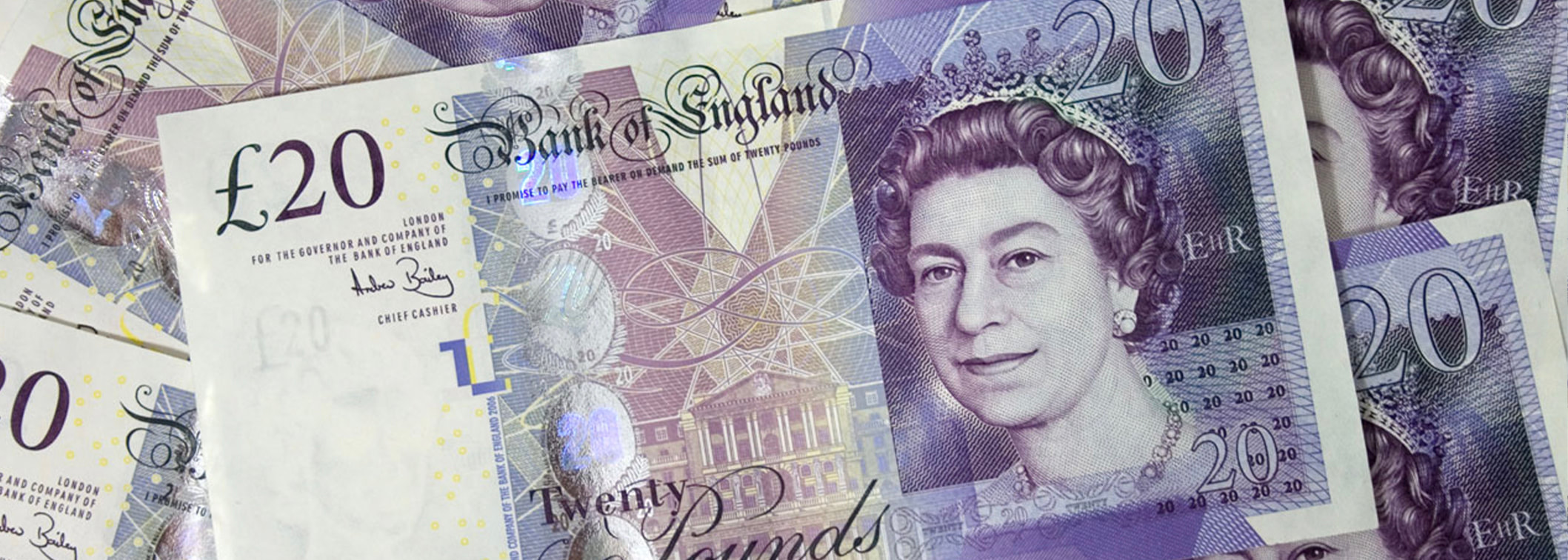|
With interest rates as high as they are currently, it is tempting to simply take the rate on offer from your bank and avoid the riskiness that comes from investing in shares. Additionally, higher and additional rate taxpayers are finding supposed value in buying government bonds directly, which offers a significant tax benefit relative to earning interest from a bank. But the long term investor is still very likely to be better off invested in shares, even after the tax break is considered. Here are 5 relatively straightforward ideas for reducing your taxes and increasing your after-tax investment returns. In all the examples, there is an element of 'use it or lose it'. In other words, you need to act before the end of the tax year (April 5th) in order to get all of the benefits mentioned. Most people don’t realise how much tax they can save just by investing in liquid assets like stocks and bonds for the long term. Below is an outline of how £1 million could be invested at what would very likely be an extremely low rate of tax. We’ll call it ‘pretty much tax free’. Not every idea will apply to every person but hopefully the exercise will show that there are lots of ways to invest for the long term in a very low tax way - which, all else equal, will lead to significantly greater wealth creation than routes that incur higher tax (like, say, investment properties...). 05 September 2022 Investing involves the risk that your capital goes down as well as up; you may get back less than you invested. The commentary below is not intended as a recommendation for you to personally buy or sell any of the investments mentioned nor to take any investment action whatsoever. What's Happened Financial markets have continued to have a tough time. The summer rally, which appeared material, has fizzled and global stocks are almost back to the lows they hit in June. 28 March 2022 Investing involves the risk that your capital goes down as well as up; you may get back less than you invested. The commentary below is not intended as a recommendation for you to personally buy or sell any of the investments mentioned nor to take any investment action whatsoever. Since I wrote to you in January, 'growth' oriented stocks have continued to underperform the overall equity market. For example, the Scottish Mortgage investment trust that is perhaps the most popular 'growth' oriented investment strategy in the UK is down 11% since then whilst the global equity market is down only 1%. This has been driven, in part, by interest rates that continue to move higher. Investors who have performed poorly over the past six months or so have probably been exposed in one or both of the following ways: 17 January 2021 Investing involves the risk that your capital goes down as well as up; you may get back less than you invested. The commentary below is not intended as a recommendation for you to personally buy or sell any of the investments mentioned nor to take any investment action whatsoever. If we looked at only the overall level of the global stock market in the past few months we could be forgiven for saying that very little has happened. However, a ton has occurred under the surface as some of the more popular investments of recent years have seriously struggled. My sense is that these effects are only beginning to be more widely discussed (there was, for example, an article in the Sunday Times this weekend on the recent underperformance of the hugely popular Scottish Mortgage investment fund). The crucial question is whether this significant correction for such 'growth' oriented funds has reached its nadir or if we're only in the early stages of reversing what has been perhaps the biggest investing trend since the 2008 financial crisis. To understand where we are going I want to briefly review how we got here. 21 June 2021 Investing involves the risk that your capital goes down as well as up; you may get back less than you invested. The commentary below is not intended as a recommendation for you to personally buy or sell any of the investments mentioned nor to take any investment action whatsoever. Hi everyone, I wrote in April that the 'burgeoning problem is that the better the economy does, the more likely it is that support for the economy will be pared back.' Well, the economy has been rebounding well and on Wednesday we received the first major signal that support from the US Federal Reserve will indeed be pared back - and that's probably a big deal for markets around the world. In this article we explain to whom Inheritance Tax is likely to apply and outline strategies that can be used to mitigate the tax. It should be useful for anyone who is concerned that their estate may be subject to the 40% inheritance tax. This article is a generalised guide only and it does not constitute tax, legal nor financial advice that is personal to any individual's unique circumstances. We believe the information contained in this article to be accurate as of 11 May 2021 although we cannot guarantee this. Before taking any action concerning potential inheritance tax mitigation, we strongly advise you take regulated financial advice. In this article we discuss some of the key considerations that should go into the decision of whether to sell or to hold onto shares that an employee has been given by their employer (a.k.a. 'vested equity'). It should be useful for anyone who receives compensation from their employer in the form of shares. It is not intended to be financial advice specific to your unique circumstances. 20 April 2021 Investing involves the risk that your capital goes down as well as up; you may get back less than you invested. The commentary below is not intended as a recommendation for you to personally buy or sell any of the investments mentioned nor to take any investment action whatsoever. Hi everyone, To understand where we are today it is useful to briefly recap from where we have come over the past 6 months. By September, stocks had already rebounded from their pandemic lows and, despite the global health and economic carnage, were sitting at all-time highs. That initial rise was led by stocks of companies that were expected to do relatively well out of the pandemic: the likes of Netflix, which we were all bingeing on at the time, and Zoom, which had become a staple of working life for many. |
Content Hub
|
Tindle Wealth Management Limited is authorised and regulated by the Financial Conduct Authority (FCA number 826467).
Tindle Wealth Management Limited is registered in England, Companies House number 10937225; our registered address is 1 The Sanctuary, London, SW1P 3JT. Our VAT number is 299894113.
The Financial Ombudsman Service is available to address individual complaints that clients and financial services firms are not able to resolve themselves. To contact the Financial Ombudsman Service you may visit www.financial-ombudsman.org.uk.
Tindle Wealth Management Limited is registered in England, Companies House number 10937225; our registered address is 1 The Sanctuary, London, SW1P 3JT. Our VAT number is 299894113.
The Financial Ombudsman Service is available to address individual complaints that clients and financial services firms are not able to resolve themselves. To contact the Financial Ombudsman Service you may visit www.financial-ombudsman.org.uk.









